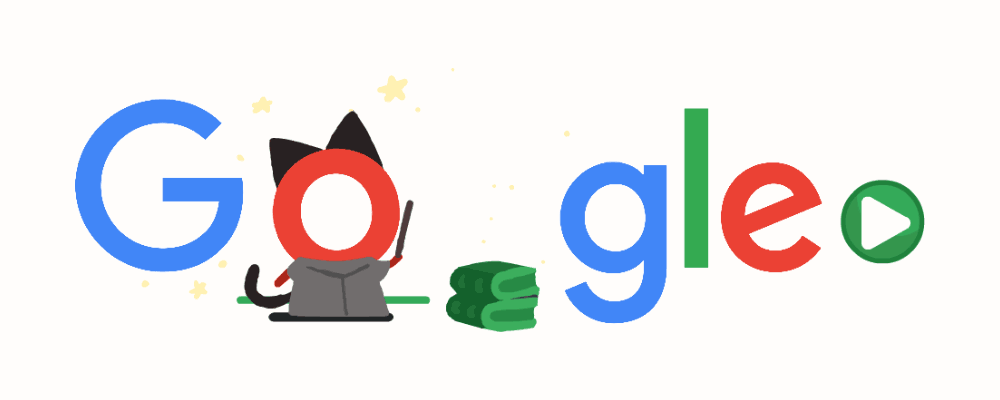For your Annotated References assignment, you're being asked to find authoritative sources on your chosen topic. But what exactly makes the author of a book, journal article, or internet resource an authority on that topic?
When you think of an author you often imagine an individual writing a book, article, or some other long form of writing. You may even go further and think of an unknown person writing something on behalf of a government agency or a team of individuals working together on a research paper. The reality is that anyone can be an author of something. I am the author of this page. You are the author of anything you post online.
It's important to know who write something and the qualifications they have that make them capable of writing about the topic. This can be challenging, so here are some examples of different author backgrounds and amounts of information given.

Government agencies, clinics, institutes, nonprofit organizations, and universities often provide information without an individual author. In these cases, the person who wrote it is doing so on behalf of the organization or as paid by the organization.

Short Bio(graphie)s can often give you an idea of the person's experience, accomplishments, or awards if they do not have a formal designation that signals their expertise. This is often found in magazines, newspapers, and websites (usually by clicking an author's name) in order to provide background about a person.

If you can't identify a source at all, or it has a level of anonymity associated with it you may want to question if it's truly a reliable source. This often shows up as either no attribution, a username that can't be linked to an individual (ex. @altnoaa), or a general 'Staff Writer' that could be anyone on a list that they may or may not provide.

Most professional journals share the current position of the contributing authors. While it looks different depending on the journal or database, the authors provide the information for both contact purposes and to show expertise.

In some cases, you may only be given basic information, like a name or an email address. By searching google for that information, you can find out more about the author (or not) and use that information to evaluate their expertise.

Google is a great one-stop shop for finding information on any number of subjects - including the history of an author. They may have their own website, or be affiliated with a newspaper, journal, or school. You might also find their social media, which can give insight into their credentials.

Your high school teachers may have told you that Wikipedia is not a valid source! It's actually an excellent resource for finding a plethora of information, but it's important to double check the resources section at the bottom of the page to make sure everything is accurate. If an author has a Wikipedia page, it's an excellent way of double checking what they've done in their life that might make them a good, reliable resource for your own works cited.

LinkedIn is very often used by professionals to showcase all of their various credentials. Bear in mind that this is edited by the author themselves, so it may contain exaggerated content on their prior experience. That said, it is a great resource into where the author has previously worked, what projects they have done in the past, and other information that can help evaluate their authority on a subject.